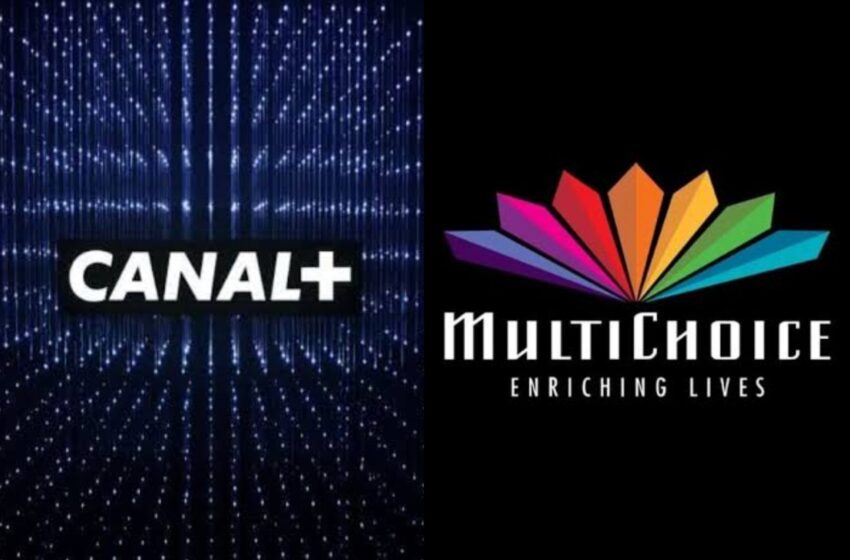Canal+ takeover of South Africa’s MultiChoice is raising concern — here’s why

Meet Canal+: The French Media Powerhouse Behind the MultiChoice Takeover
On July 23, South Africa’s Competition Tribunal conditionally approved French broadcaster Canal+ to acquire MultiChoice, the continent’s largest pay-TV provider. The deal, which must be finalised by October 8, 2025, would reshape Africa’s media landscape by creating a single entity serving more than 30 million viewers across Sub-Saharan Africa.
MultiChoice, the Johannesburg-based company behind DStv, GOtv, and Showmax, has long dominated Africa’s broadcasting market with a mixture of local sports, entertainment, and international news programming. If Canal+, owned by French conglomerate Vivendi, successfully completes the acquisition, the company would control an unparalleled footprint across Anglophone and Francophone Africa.
The merger has been presented with public-interest commitments, including pledges to maintain local content and sustain investments in African sports broadcasting. Yet the approval has sparked questions about long-term implications for competition, editorial independence, and the diversity of voices in the African media space.
Analysts warn that consolidating the two largest media players on the continent could amount to a near-monopoly. “This kind of concentration risks narrowing the space for pluralism,” said one regional media expert, noting that smaller local and independent broadcasters may find it increasingly difficult to compete for audiences, advertising, and distribution networks.
The personality at the centre of the deal is French billionaire Vincent Bolloré, who controls Vivendi, the parent company of Canal+. Bolloré, often described as France’s answer to Rupert Murdoch, has faced repeated accusations of editorial interference in his media assets in Europe. Over the past decade, Canal+ has been criticised for shelving investigative programmes and curbing political satire in France, as well as for suspending broadcasts critical of African governments with which it has business ties.
These past controversies have amplified unease among African journalists and press freedom advocates. The International Press Institute (IPI) has warned that the deal could hand disproportionate influence over information flows to a media empire with a history of political entanglements. “This consolidation of power will undoubtedly limit media pluralism in the region, as local and independent media outlets struggle to compete,” said Nompilo Simanje, IPI’s Africa Advocacy and Engagement Lead.
Some journalists also express concern that the merger could further tilt African media toward imported ideological agendas. “It is gravely concerning that Africa’s largest private broadcaster may come under the effective control of a right-wing billionaire from France with a track record of editorial interference,” argued Simon Allison, co-founder of The Continent, a pan-African weekly.
For now, the Competition Tribunal has set conditions meant to safeguard local programming and content diversity. But as the deadline approaches for the finalisation of the deal, pressure is mounting for regulators and civil society to closely monitor the merger’s impact not only on the marketplace, but also on the broader democratic function of the media across Africa.

